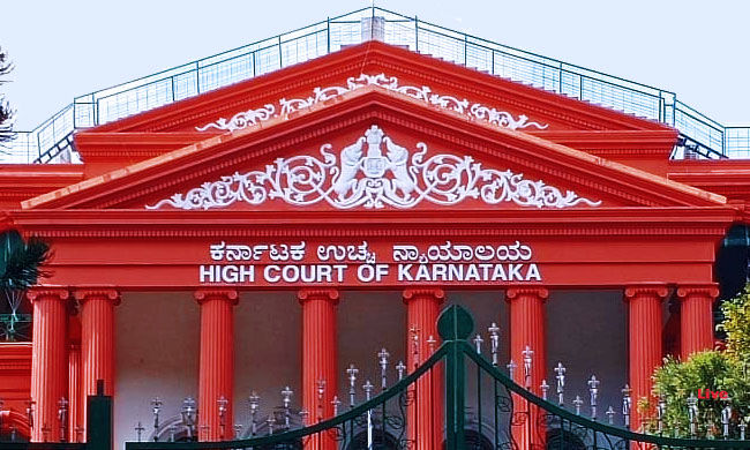Provisions Of Rent Act Will Not Have Overriding Effect Over Provisions Of SARFAESI Act: Karnataka High Court
Live Law News Network
8 Dec 2021 3:02 PM IST

Next Story
8 Dec 2021 3:02 PM IST
The Karnataka High Court has said that a secured creditor has precedence and first charge over the secured assets, under the Securitisation and Reconstruction of Financial Assets and Enforcement of Security Interest Act (SARFAESI), and provisions of the Rent Act would not override provisions of SARFAESI Act. A division bench of Chief Justice Ritu Raj Awasthi and Justice Sachin...
